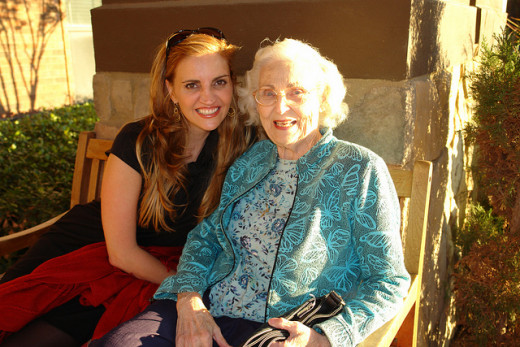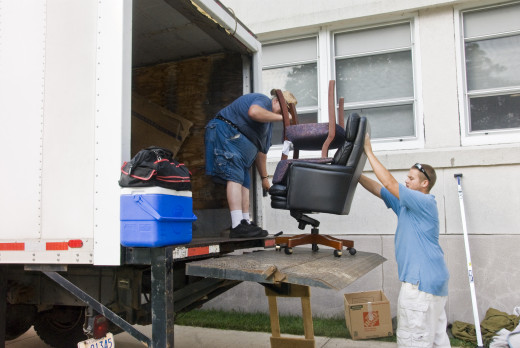How to Help an Elderly Family Member Move Into a Retirement Home

Is it Time To Move Into a Retirement Home?
Moving into a retirement home is a very personal and difficult decision for you and your elderly family member to make. Frequent falls, disease, memory loss, and the inability to drive and handle daily chores are all contributing factors to begin the discussion of moving into a retirement home. Sometimes this is a decision that the elderly family member makes independently. However, many families face the issue of confronting their elderly family members who are in denial or have physical or mental complications that prohibit their ability to make a sound decision. Your famoily member's doctor can be an excellent resource on how to lovingly address the topic and make sure that the outcome is the best possible living situation for their needs.
How to Choose a Home That is Right for Your Elderly Family Member
When choosing a retirement home, there are several factors to consider such as their lifestyle, hobbies, available transportation, medical needs, and desired neighborhood. When it comes to retirement homes there seems to be something for everyone. Does your family member like to play golf, join book or religious clubs, need to be close to medical treatment facilities, need help walking their dog, or have accessible public transportation? Tours are an excellent way to meet the staff, see the facilities, and meet their future neighbors. Have patience with your elderly family member. It may take a dozen tours or more to make the decision to move into the one they like the best.
Tips For Choosing A Retirement Community
Helping Your Elderly Family Member Make the Move
Leading up to the moving day can be a very emotional experience for your elderly family member. If they have lived in their home for several decades or have lost their spouse, change out of their normal routine can be very stressful. To fit all of their possessions into a small retirement apartment, downsizing almost always has to occur. A house with a lifetime of memories can take weeks to go through and they will need your help with the lifting.
There are creative ways to make them feel like they are helping and part of the process without straining themselves emotionally or physically. You may want to do everything yourself, but this may not be the best option for your family member psychologically. Start small, for instance, packing the bathroom. Have them sit next to you and continue asking them questions about what they want done with every object. If they can't decide move on and come back to it later. Take frequent breaks and remember that this can be an excellent bonding time with your family member.

Helping Your Elderly Family Member Adjust
Most retired people thrive on routine and your family member's routine has just been hacked. Especially if they are single, it can be very scary to move into a home where they don't know anyone. If they are naturally shy, you can encourage them to join organized activities and group meal times. Setting a routine of meeting them for mealtime once a week gives them something to look forward to and a way to show your support of their new lifestyle.
If they are having a hard time trying new activities, offering to attend with them may just be the sliver of courage they need to branch out. However, too much family time can inhibit their desire and ability to make their new place a home. If you are calling every hour to check on them, and showing up for dinner every night, they may put off meeting new friends and experiencing everything for themselves.
How to Keep Your Own Sanity While Helping Your Elderly Family Member Transition
Moving your elderly family member can be emotionally and physically taxing on you as much as it is for them. The tables have been turned and now you may have to be a "parent" to your parent. Having a family and career can be hard to balance with helping them move. The world doesn't just stop for two months while you help them transfer funds, sell their home, pack, change their post office and billing addresses, and adjust.
It can be beneficial to join a support group or attend a couple of counseling sessions in order to keep your sanity through this process. You can not help your family member if you aren't giving yourself time to rest. Try to see the positive side of being more involved in your family member's life, giving back to them a portion of the love, patience, and help they have given you over the years.








